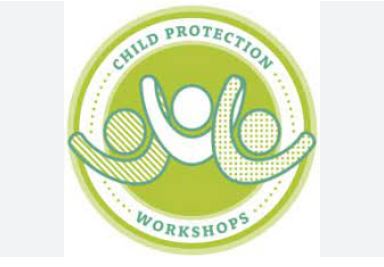ISLAMABAD, NOV 6 /DNA/ – To build the capacity of Islamabad-based Child Protection Committees on child rights and protection mechanisms, the Child Protection Institute (CPI) organised three two-day trainings in collaboration with ILO and Sahil.
These committees will be responsible for identifying and monitoring the cases of child rights violation, hazardous and worst forms of child labour and report to the respective institution including CPI, local police, Reconciliation Committees at local police office/Thaana, Child Help Line/s etc.
These committees will compile and submit their periodic reports, including details on number of awareness sessions conducted, number of people educated (female/male) and number and type of cases identified and reported.
Around 80 members of community-based child protection groups/ committees participated in the workshop where they were briefed about the Child Protection Act 2018, different forms of violence against children, and the existing mechanisms for child protection in the capital city.
The Committee members included teachers and head of schools, doctors, psychologists, lady health worker, religious leaders, union councilors, philanthropists, representatives of community-based organizations, businesspersons, shop keepers, youth representatives, girl guides, boy scouts, social workers, representatives of law enforcement agencies and people with disabilities.
The overall objectives of this collaboration was to strengthen the child protection system through community-based child protection mechanisms for improved referral and reporting, and contribute to enhanced protection of children from exploitation and reduced vulnerabilities to child labour
Speaking at the workshops, Chairperson National Commission on the Rights of Children, Ms. Ayesha Raza Farooq shared insights on reporting child labour incidents, importance of community participation and behavioural change to discourage employing children as domestic labour.
Director, ILO Country Office Geir T. Tonstol said that Labour Force Survey from 2021 estimates that 8 per cent of 10 to14 year old children in Pakistan are involved in some form of work. He said that most children engaged in child labour are denied the fundamental right of accessing compulsory education, which makes child labour a human rights issue and also a developmental issue.
He commended the efforts of the Child Protection Institute for mobilizing community-based committees as watch groups to detect and report the incidences of child exploitation and child labour to relevant authorities. He said that ILO highly values its partnership with the Child Protection Institute-ICT, and Ministry of Human Rights.
National Commissioner for Pakistan Girls Guide Association Maria Sabri shared details of projects ran by the Girls Guide Association in rural areas of Pakistan. She said that volunteerism is the key of making positive changes in the society. She appreciated the efforts of CPI, ILO and Sahil for getting together the real stakeholder, the community members for the noble cause of child protection.
Director General CPI Rabeea Hadi said that these committees are the eyes and ears of the CPI and expressed hope that these trainings and the support provided through capacity building and IEC material will help in strengthening the active volunteer support mechanisms at the community level. CPI felt the need of standardizing the composition and support services of these structures through capacity building of the members.

















